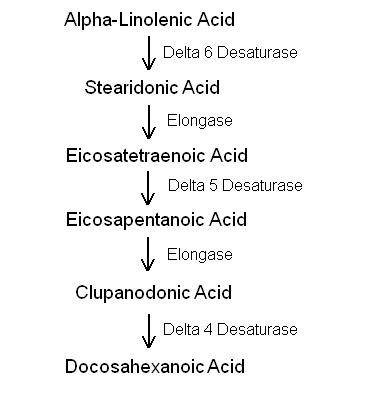In the past, alcohol, was associated with ill health, and many healthcare professionals recommended avoidance of alcoholic beverages for health reasons. This stance has changed somewhat with the growing body of research that demonstrated that red wine consumption could decrease the chance of developing a number of degenerative diseases, most notably cardiovascular disease. Research has highlighted a chemicals called resveratrol as well as a flavonoid called quercetin, that may contribute to some of these beneficial effects. However, as the research literature surrounding red wine has increased in size, it has become apparent that alcohol exerts a health effect on the body above and beyond that which can be attributed to the resveratrol or quercetin content alone. In fact research is now highlighting that ethanol in moderate amounts has some quite significant effects on the maintenance of health.
Ethanol may be beneficial because it can alter the metabolism of fatty acids in the body. For example, a paper published in the American Journal of Nutrition in 20091, used food records of thousands of people to assess if alcohol consumption was associated with altered concentrations of omega 3 fatty acids metabolism. What the researchers found was that alcohol consumption was associated with higher levels of omega 3 fatty acids in both plasma and red blood cells, with the association strongest for women. In particular, the study found that alcohol consumption was positively correlated with both plasma and red blood cell concentrations of eicosapentanoic acid and docosahexanoic acid in women; but only eicosapentanoic acid in men. Analysis found a correlation between alcohol and both plasma red blood cell eicosapentanoic acid and docosahexanoic acid for wine drinkers, but not for beer or spirits.
Alcohol is though to be protective of heart disease because it causes decreased platelet aggregation, decreases inflammation and has beneficial effects on the endothelium lining of blood vessels. These effects are very similar to the effects seen by increasing levels of beneficial omega 3 fatty acids in he diet, that have been reported in research papers. It is thought that alcohol is able to increase omega 3 fatty acid concentrations in plasma and red blood cells because it might increase their synthesis from the precursor essential fatty acid alpha linolenic acid through activation of the elongation-desaturation pathway (figure 1). Another study published in the American Clinical Journal of Nutrition in 20002 found an increase in docosahexanoic acid concentration in umbilical cord blood of infants born to women who consumed ≥ 30 mL of ethanol per day into early pregnancy.
 Figure 1. The synthesis of the long chain omega 3 fatty acid docosahexanoic acid from alpha-linolenic acid. Alcohol may activate the elongase and desaturase enzymes, increasing production of docosahexanoic acid.
Figure 1. The synthesis of the long chain omega 3 fatty acid docosahexanoic acid from alpha-linolenic acid. Alcohol may activate the elongase and desaturase enzymes, increasing production of docosahexanoic acid.
Based on the growing body of research it would make sense to enjoy a glass of red wine or other alcoholic beverage with food or in the evening while relaxing. Studies have demonstrated that alcohol consumption is inversely correlated with ischemic stroke and coronary artery disease. However, alcohol consumption appears to show an inverted ‘J shaped’ benefit to risk pattern in that total abstinence is neutral, moderate drinking is beneficial, but heavy drinking leads to degeneration and disease. While many alcoholic beverages have shown health effects when consumed in moderation, it would appear that red wine is still perhaps the most beneficial because it also contains high concentrations of resveratrol and quercetin. Both of these compounds have been shown to have protective effects against cardiovascular disease, perhaps due to their antioxidant behaviour.
RdB
